
It's a terrible hazard of living in an Internet-driven world, and one that happens all too maddeningly often to each and every one of us: identity theft. It's an expensive headache with damaging consequences—and it's even worse when it happens and you don't even know about it.
To ensure that this never happens to you, the best move is to keep a clear eye out for clues that might tip you off that your identity has been stolen. After all, the signs are clear and obvious—if you know what you're looking for, that is. So read on, and never leave yourself vulnerable to hackers. And remember that your first step to securing your accounts is to avoid The 50 Most Common Passwords You Should Never Use.
1
You Get Phone and Direct Mail Solicitations for Pricey Products
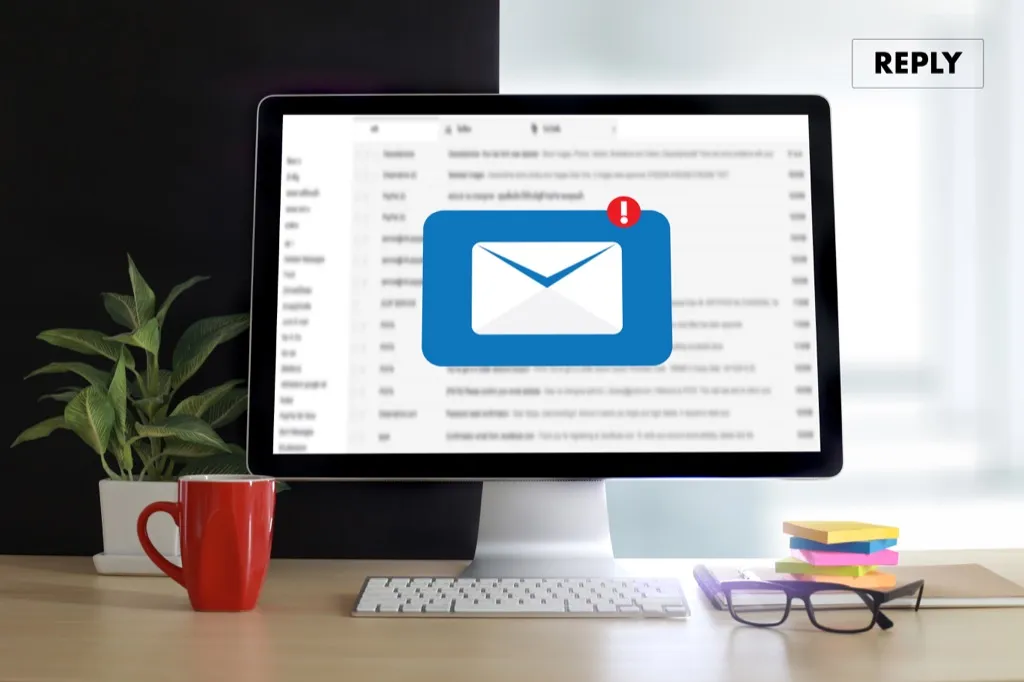
As a result of a possibly new and expensive purchase through your account, you may receive higher than normal phone and direct mail solicitations. Big-ticket purchases can also increase solicitations from sellers trying to get you to buy expensive products related to home improvement, car loans, etc. If you suddenly start receiving high-end spam, it might be time to call your bank.
2
You See "Test Charges"

Sometimes, when we see a negligible purchase in our credit card statement, we don't bother to contest it—even if we know we didn't make such purchase. This is a costly mistake when it comes to identity theft. Why? Hackers can often make a nominal purchase using your card just to test the waters. And when the purchase goes through, sometime soon a bigger and heftier purchase will be made. So be mindful of all charges. And for more ways of living smarter, don't miss these 40 Genius Ways to Simplify Your Life After 40.
3
You Have a Mysteriously Rising Credit Score
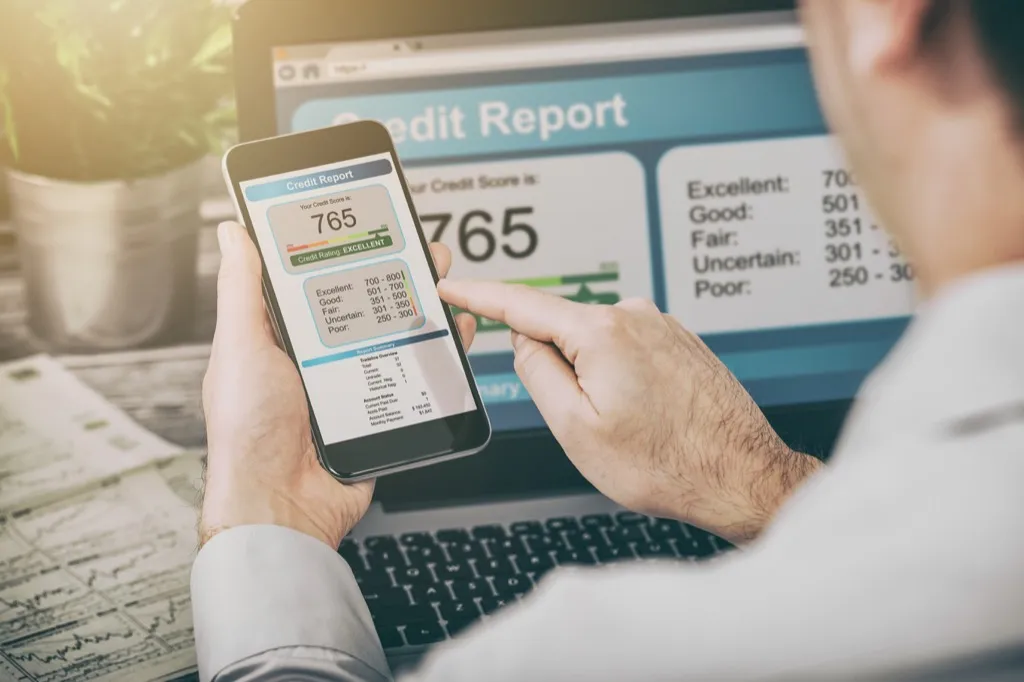
Hmmm… Sounds confusing, right? At the forefront of identity fraud is a rising credit score—especially when you do not expect it. Why? Essentially, people who are trying to defraud you would gain more from your increased credit score.
And once this is achieved, you can see credit applications all over the place. By checking your credit report, you can see hard inquiries and credits that you have never even initiated, in real-time. And to find out how to raise your own credit score the right way, check out 7 Best Ways to Boost Your Credit Score.
4
You're Receiving Two-Factor Authentication Alerts

With two-factor authentication alerts, you get a text message or email that provides a six-digit code for you to use and login to an account. This way, you are alerted—in real-time—about account access.
Having this authentication alert gives you a second layer of protection as well as the knowledge that you're being signed into a membership or service that you have no idea of. By knowing, you can take quick steps to protect your accounts even further.
5
Your Employer Flags a Security Issue

If a fraudster figures out the name of your employer as well as your social security number, they then can use your information to collect unemployment benefits. If this happens, someone in HR is bound to notice and alert you.
Sometimes, the fraudster can use your social media to track your employment status and if you just quit a job, this means they can get away with the fraud longer until your previous employer chooses to contact you.
6
You Get an Unexpected Tax Refund

If it's too good to be true, then it is too good to be true! If you just got a tax refund that you did not file, then you can assume that you are a victim of identity theft. In fact, this might mean the fraudster filed a tax return on your behalf by using a pre-loaded debit or gift card.
7
You Receive a Rejection of Your Electronic Tax Return

A dead giveaway that identity theft may be happening is when your electronic tax return is rejected even when all info is spot-on and there are no errors. This means an identity thief has already used your identity and filed a return on your behalf so they can claim your tax money. If you believe that you are a victim of identity theft, you can file for a tax fraud to the IRS by calling the IRS Identity Protection Specialized Unit.
8
You're Receiving Unrequested Tax Transcripts

When this happens, it may be that an identity thief figured out how to log-in to your IRS account. But instead of being able to download the information they wanted, they failed the security test of the site. Thus, you received the unrequested tax receipts in the mail because IRS mailed it to you under the false belief that you requested it.
Make sure that you examine your books for any tax irregularities and report the matter to the IRS as soon as possible.
9
There's an Unauthorized Transaction on Your Financial Accounts

This is one many people have encountered: A transaction on your account that you did not authorize is a sign that someone may have access to your debit or credit card.
Even if you do have your card with you, your information can be stolen by skimming. If you see such unauthorized transactions on your bank accounts such as suspicious fund transfers, contact your bank right away so that necessary actions can be taken, whether replacing your card or canceling your account altogether.
10
You're Getting Denied Credit
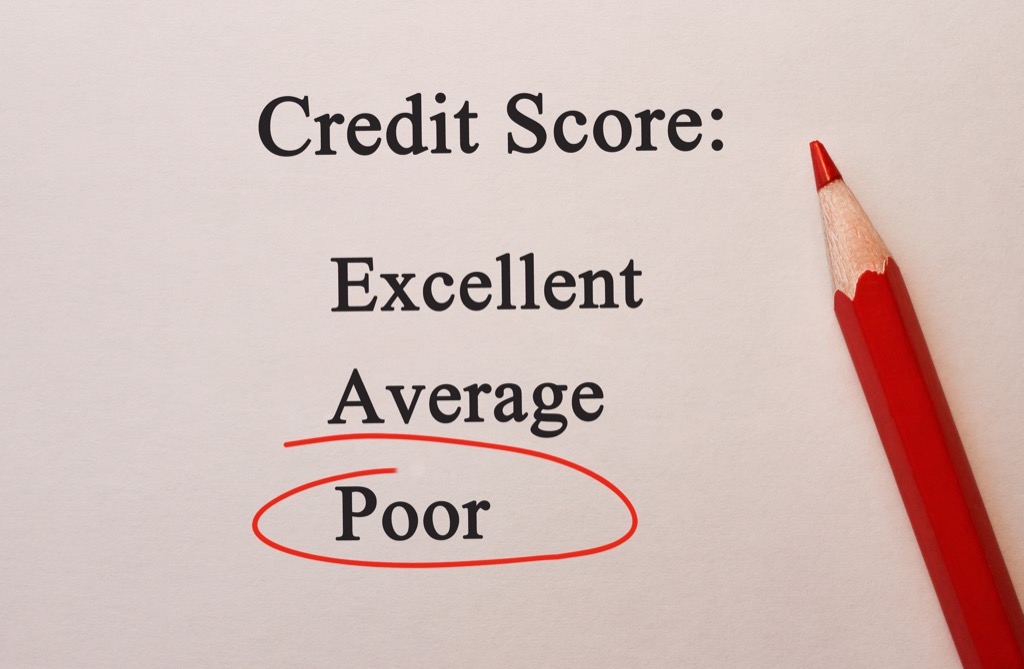
Applying for credit and being denied or offered less favorable terms—such as a high interest rate—for no clear reason can be a sign that you are a victim of identity theft. This indicates that someone has been using your identity—accumulating debt on your behalf. You can also get a copy of your credit score or credit report to check for loans or accounts that are under your name but are not yours.
11
Your Bills Aren't Coming Anymore

An identity thief can take over your information, including making a change to your billing address. That may mean that statements are rerouted to a new address so that you will not know that the identity thief is spending money from your account.
If you have not received your bills and other financial statements for more than a month, contact the companies that you deal with and check why they have stopped sending your bills. You can also contact the post office if you believe that someone is stealing your mail.
12
You're Getting Suspicious Phone Calls

Getting calls from your bank might not seem unusual. But if you get a call from your bank asking you for things like your account number or your PIN, then it is one of the signs indicating the suspicious phone call might come from an identity theft.
If you do get a call like that, the best move is to call your bank to confirm the suspicious call and ask for assistance on how to protect your account.
13
Your Creditors Start Harassing You

If you don't have any recollection of borrowing money or making a loan, yet you start getting calls from creditors or collection agencies harassing you to pay up the loan that you never made, you clearly have an issue to deal with.
14
You See Foreign Accounts on Your Credit Report

If you see an account that you don't recognize in your credit report, particularly from a foreign country, it might indicate that you are a victim of identity theft.
Getting a credit report is free—especially if you request it from agencies like the AnnualCreditReport.com—and very much worth doing, so you can spot any odd accounts listed and take care of it fast.
15
Denial Of Loan Application
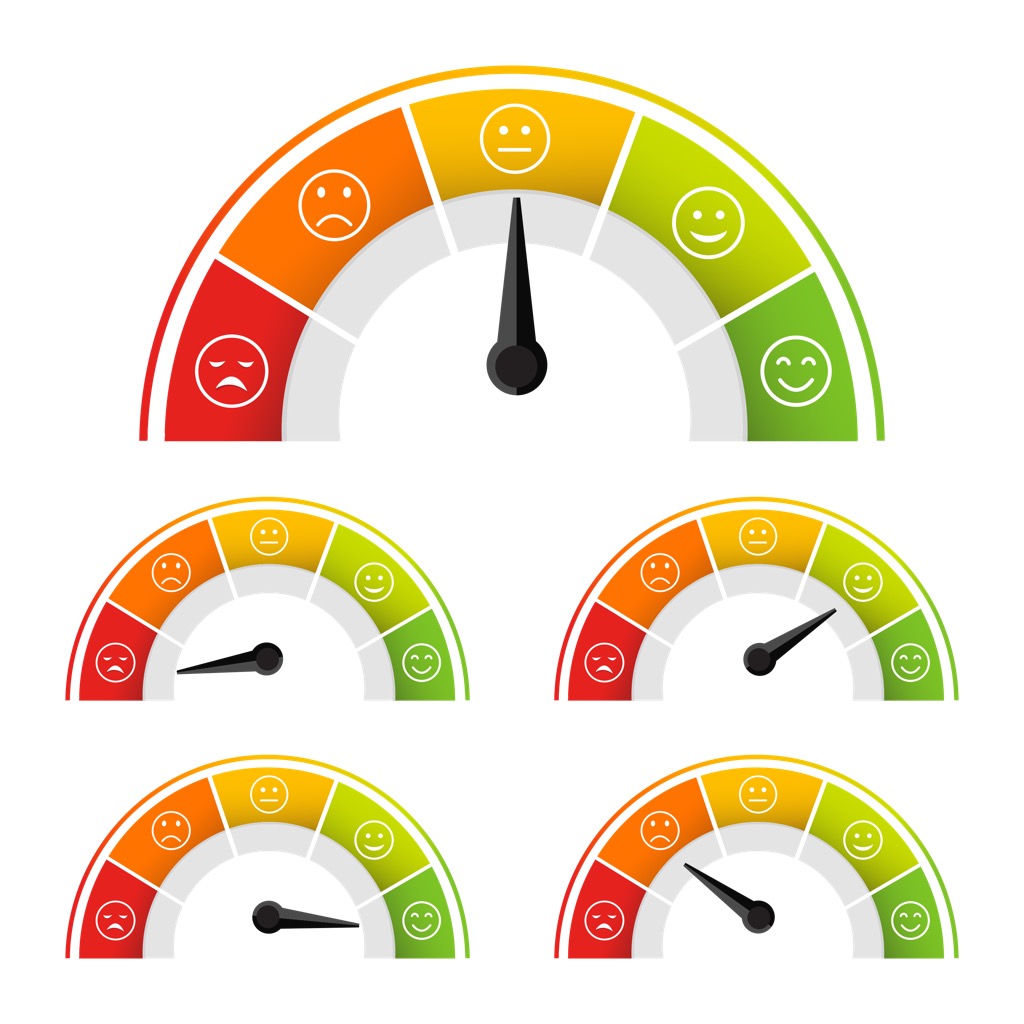
If you applied for a loan because you know that you have good credit, but got turned down, it may be because you have damaged credit. A loan officer delves deep into your credit and may spot something amiss that a cursory glance at your credit report missed, so take their input seriously.
16
There Are Errors in Your Social Security Statement
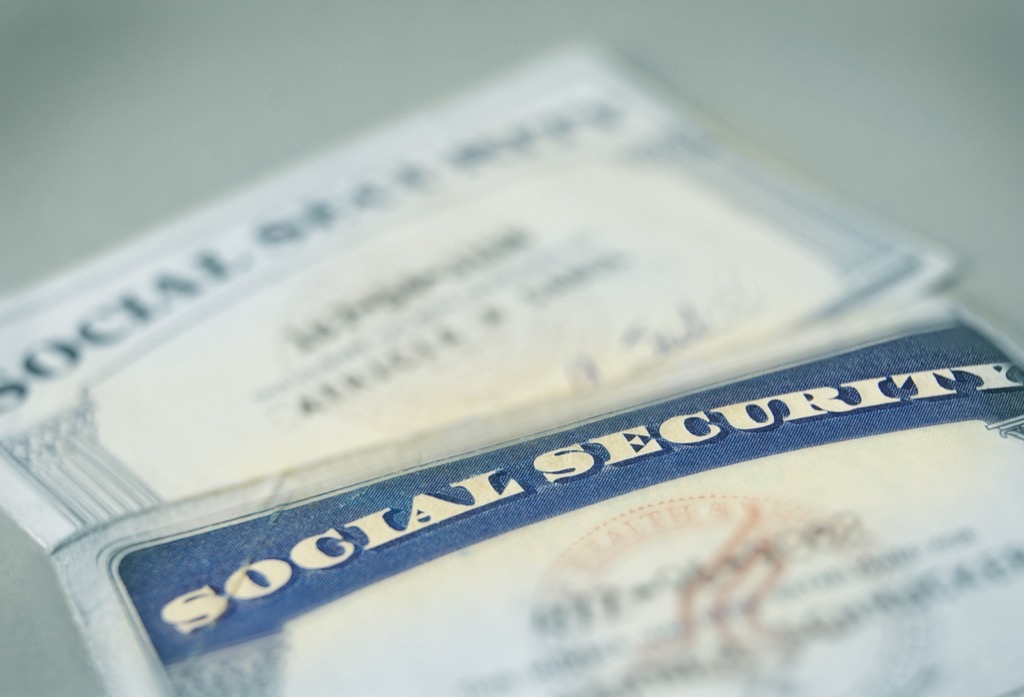
If you notice the earnings in your social security statement are more than your actual earning, then something is amiss and it might indicate that you are a victim of identity theft.
If you see errors like this in your statement, call the social security office and determine if your number has been used for fraudulent purposes.
17
You're Unable To Access Your Accounts Online

Another common sign of being a victim of identity theft is that you are unable to access your online accounts such as your bank, social media, and others. Even if you are certain of your username and password, but are still blocked from your online accounts; it can mean that someone might have accessed your account and changed your information so that they can use it against you to scam others.
18
You Experience Problems with Medical Insurance

Medical insurance is another area of your personal information that can be compromised by an identity thief. If you start getting medical bills for medical appointments and procedures of which you don't have any knowledge, it might mean that your medical information is being used by somebody to pay for their medical expenses.
If you don't resolve medical identity theft, your medical insurance company might not cover your future medical expenses because your benefits have been completely exhausted by fraudsters.
19
There's a Warrant Out for Your Arrest

This one would get your attention fast! Perhaps the most unpleasant sign of identity theft is getting an arrest warrant for a crime that you never committed.
If the police are at your door telling you you're under arrest for bank fraud or some other financial malfeasance, you'd better hope there's a paper trail that can exonerate you.
20
You're Getting Billed for Items You've Never Ordered

If you start receiving notices or bills for items you have never ordered, that's the surest sign of identity theft.
Aside from bills, you may also receive overdue notices for accounts that you have no remembrance of ever opening or ever having owned. According to the Identity Theft Alert author Steve Weisman, the best way to counteract this problem is to call the notice or bill sender with regards to your overdue accounts. Inform them that you have never authorized any transactions and explain that you are a victim of identity theft.
To discover more amazing secrets about living your best life, click here to sign up for our FREE daily newsletter!





















